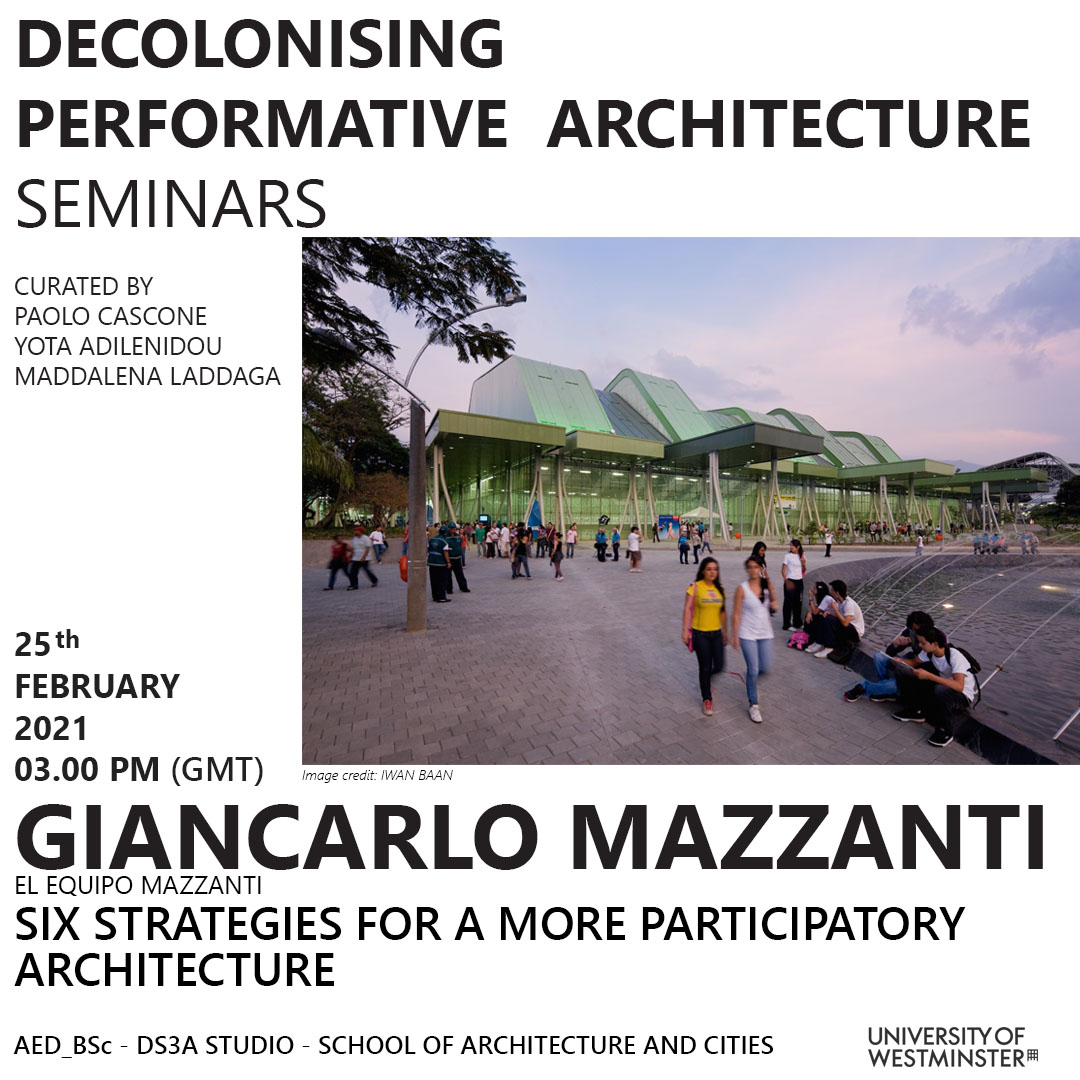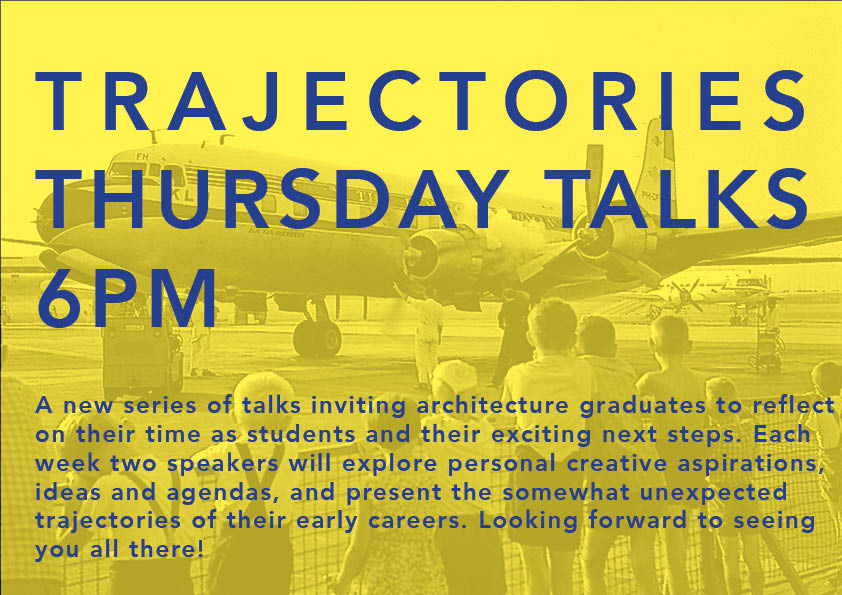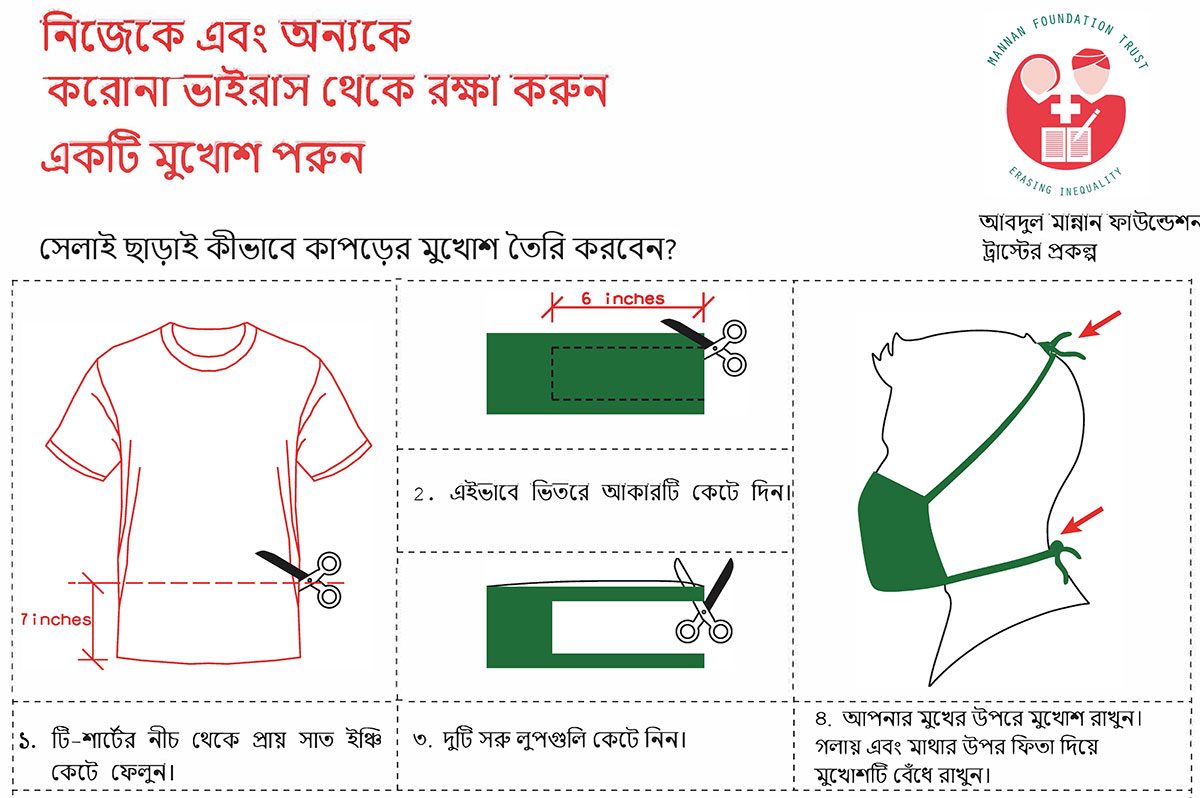When: Thursday, 25th of February at 3pm GMT
Blackboard link: https://eu.bbcollab.com/guest/0c1eb0958d304a78a4b51396245b91fd
The seminar is organised by Paolo Cascone, Yota Adilenidou and Maddalena Laddaga in the frame of Architecture and Environmental Design DS3A “Decolonising Performative Architecture” seminar series.
Giancarlo Mazzanti is the founder of El Equipo Mazzanti, social values are at the center of Mazzanti’s architecture. He seeks to realize projects that give value to social transformations and build communities, and has dedicated his professional life to improve quality of life through the design of the environment and the idea of social equality. His work has become a reflection of the current social changes occurring in Latin America and Colombia, showing that good architecture manages to build new identities for cities, towns, and inhabitants, and transcend reputations of crime and poverty.
Amongst some of his most relevant projects are the International Convention Center, Biblioteca España, and the South American Games Coliseums, all in Medellín, Colombia. Works in other areas of Colombia include the Tercer Milenio Park, El Porvenir Kindergarten in Bogota, Timayu Kindergarten in Santa Marta, Pies Descalzos School in Cartagena, and Marinilla Educational Park. Mazzanti graduated from Javeriana University in Colombia, with postgraduate studies in industrial design and architecture in Florence, Italy. He has experience as a visiting professor in Colombian universities, as well as in world-renowned universities such as Harvard University, Columbia University, and Princeton University. He is also the first Colombian architect to have his works in the permanent collection of the Museum of Modern Art in New York and in the Centre Pompidou in Paris.












